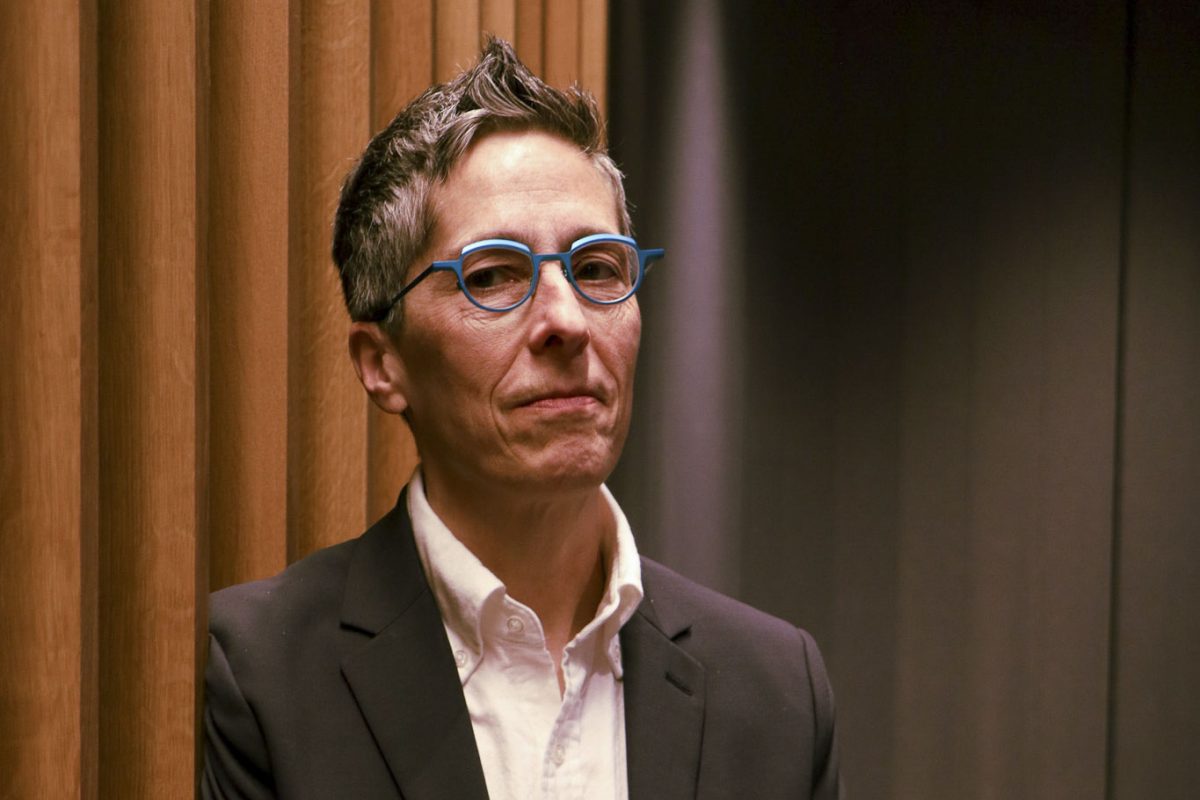By Zac Estrada, News Staff
Student Government Association (SGA) unanimously supported Monday night a sense of the senate that supporters are calling a breakthrough in defending students from rapidly rising textbook prices by creating a pact with Northeastern faculty.
Crafted by SGA Vice President of Academic Affairs Michael Sabo, also a student body presidential candidate, and his committee, the textbook initiative is the first step in creating a dialogue between students and instructors to stop rapidly-escalating textbook prices.
Northeastern faculty members who agree to sign the initiative will look for the most sustainable solutions for books – meaning students would only be required to purchase the newest edition of a textbook if there were “substantial” changes to the material.
Sabo and seven other senators and students have been working on the initiative since January as part of an unofficial special projects committee.
“It’s a fantastic first step in starting the dialogue with administrators about controlling the costs of textbooks,” Sabo said yesterday in an interview with The News.
While the idea of textbook reform met with almost universal praise from senators, some were concerned there wasn’t enough motivation in the document for faculty members to get on board with it.
Director of Communications Taylor Cotter proposed an amendment to the original wording, adding the provision that a database be created that would list instructors who have signed onto the agreement.
Cotter, who called the document “one of the best things [SGA] will pass all year,” said it needed something students could hold faculty accountable for.
Senator Josh Coombes, one of the authors of the document and a presenter Monday, disagreed.
“This is supposed to be a stepping stone,” Coombes said, arguing such a provision would be too stringent and discouraging for faculty members.
The amendment passed 27-25.
Sabo said he doesn’t think the change alters the document’s intent.
“The database would probably be facilitated through SGA, eventually branching out to myNEU,” he said. “We would do a lot of publicity to get students aware.”
Sabo said he’s eager to begin working with the faculty to implement the policy as soon as this fall. He said the initiative may be rolled out one college at a time.
“Administrators are very excited about this,” Sabo said.
With the support of SGA, Sabo, who is running for student body president as his term as vice president for academic affairs ends, said his successor will work this summer with the faculty senate to iron out final details of the initiative.








